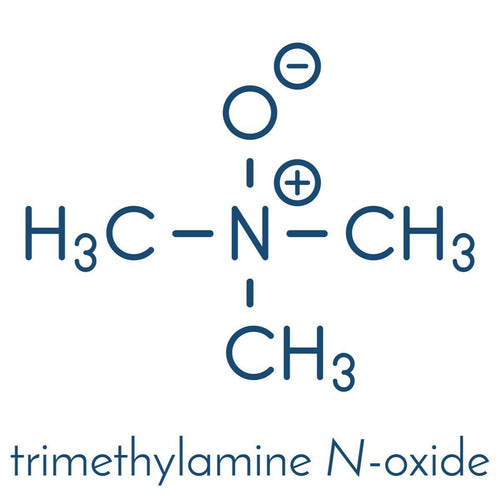Research is documenting how functions, organs, and nutrients are all interconnected.
We cannot look at anything as separate entities anymore if we are going to get an accurate impression of what happens physiologically from the input of nutrient intake as well as exercise.
The GI tract is one example where researchers have documented communication between the GI tract and the brain. We know the brain also communicates with the GI tract. Intestinal absorption and subsequent metabolism of a nutrient, to a certain extent, is dependent on the availability of other nutrients.
The following research is showing us how the intake and the impact of magnesium are affecting vitamin D levels.

Magnesium assists in the activation of vitamin D because all of the enzymes that metabolize vitamin D seem to require magnesium (Uwitonze AM, Razzaque MS, 2018).
Deficiency in either of these nutrients is reported to be associated with skeletal deformities, cardiovascular diseases, and the metabolic syndrome.
The next study indicates the same thing. The researchers found that higher intake of magnesium resulted in higher blood levels of 25 hydroxyvitamin D (25(OH)D), which is the most reliable way to measure vitamin D status (Deng X, et.al., 2013). They also found associations of serum 25(OH)D with mortality, particularly due to cardiovascular disease and colorectal cancer, and they were modified by magnesium intake. Magnesium has shown to reduce calcification of the arteries (Hruby A, et.al., 2014).
This means that if you must take a very high amount of vitamin D to keep your vitamin D level in a good range, you most likely need magnesium.
If you take enough magnesium in a well-absorbed form, you should not need to take high amounts of vitamin D to keep it at a good level. What we also learn from research like this, is how important it is to take magnesium or any of the other common minerals in a formula that combines these minerals, since they affect each other. Amino acid chelates are the best form to take minerals because they are better absorbed and better tolerated.
They don't cause gastrointestinal irritation.
References
Deng X, Song Y, Manson JE, Signorello LB, Zhang SM, Shrubsole MJ, Ness RM, Seidner DL, Dai Q. Magnesium, vitamin D status and mortality: results from US National Health and Nutrition Examination Survey (NHANES) 2001 to 2006 and NHANES III. BMC Med. 2013 Aug 27;11:187.
Hruby A1, O'Donnell CJ2, Jacques PF1, Meigs JB3, Hoffmann U4, McKeown NM5. Magnesium intake is inversely associated with coronary artery calcification: the Framingham Heart Study. JACC Cardiovasc Imaging. 2014 Jan;7(1):59-69.
Uwitonze AM, Razzaque MS. Role of Magnesium in Vitamin D Activation and Function. J Am Osteopath Assoc. 2018 Mar 1;118(3):181-189. 
The BMJ Formula an easy way to effectively support bone, joints, connective tissue and neuromuscular function.









